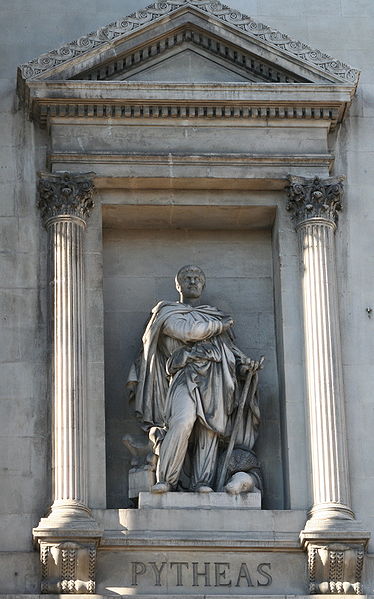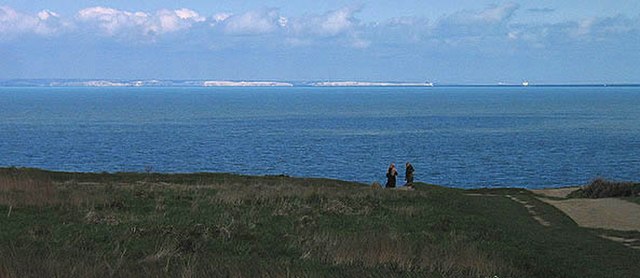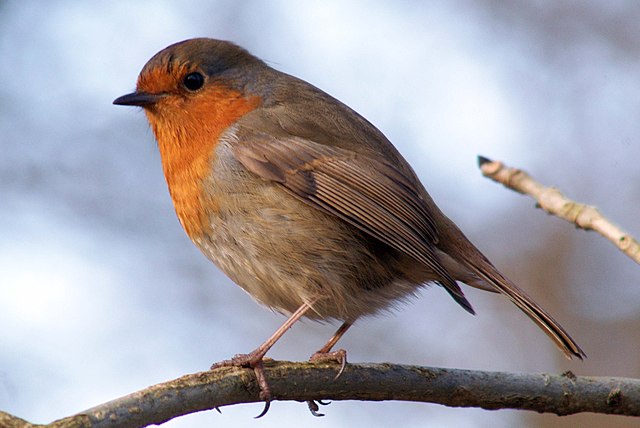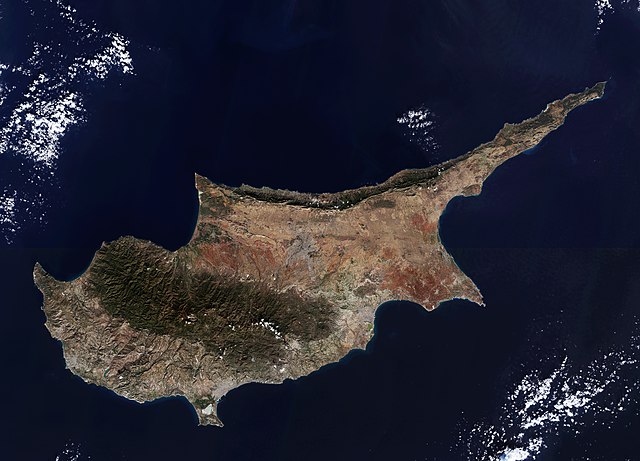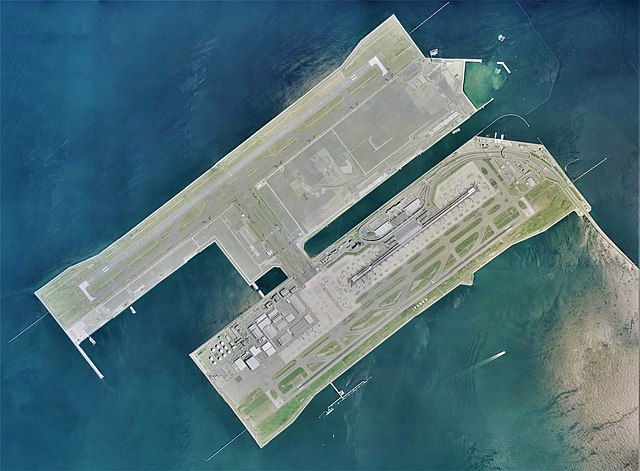Great Britain is an island in the North Atlantic Ocean off the north-west coast of continental Europe, consisting of the countries England, Scotland and Wales. With an area of 209,331 km2 (80,823 sq mi), it is the largest of the British Isles, the largest European island and the ninth-largest island in the world. It is dominated by a maritime climate with narrow temperature differences between seasons. The island of Ireland, with an area 40 per cent that of Great Britain, is to the west—these islands, along with over 1,000 smaller surrounding islands and named substantial rocks, form the British Isles archipelago.
Satellite image, 2012, with Ireland to the west and France to the south-east
Greek geographer, Pytheas of Massalia
View of Britain's coast from Cap Gris-Nez in northern France
The robin is popularly known as "Britain's favourite bird".
An island or isle is a piece of subcontinental land completely surrounded by water. Very small islands such as emergent land features on atolls can be called islets, skerries, cays or keys. An island in a river or a lake island may be called an eyot or ait, and a small island off the coast may be called a holm. Sedimentary islands in the Ganges Delta are called chars. A grouping of geographically or geologically related islands, such as the Philippines, is referred to as an archipelago.
Cyprus, the third largest island in the Mediterranean. Cyprus is about 240 km long and 100 km wide.
Plane landing on an airport island, Velana International Airport, Hulhulé Island, Maldives
Kansai International Airport, on an artificial island


